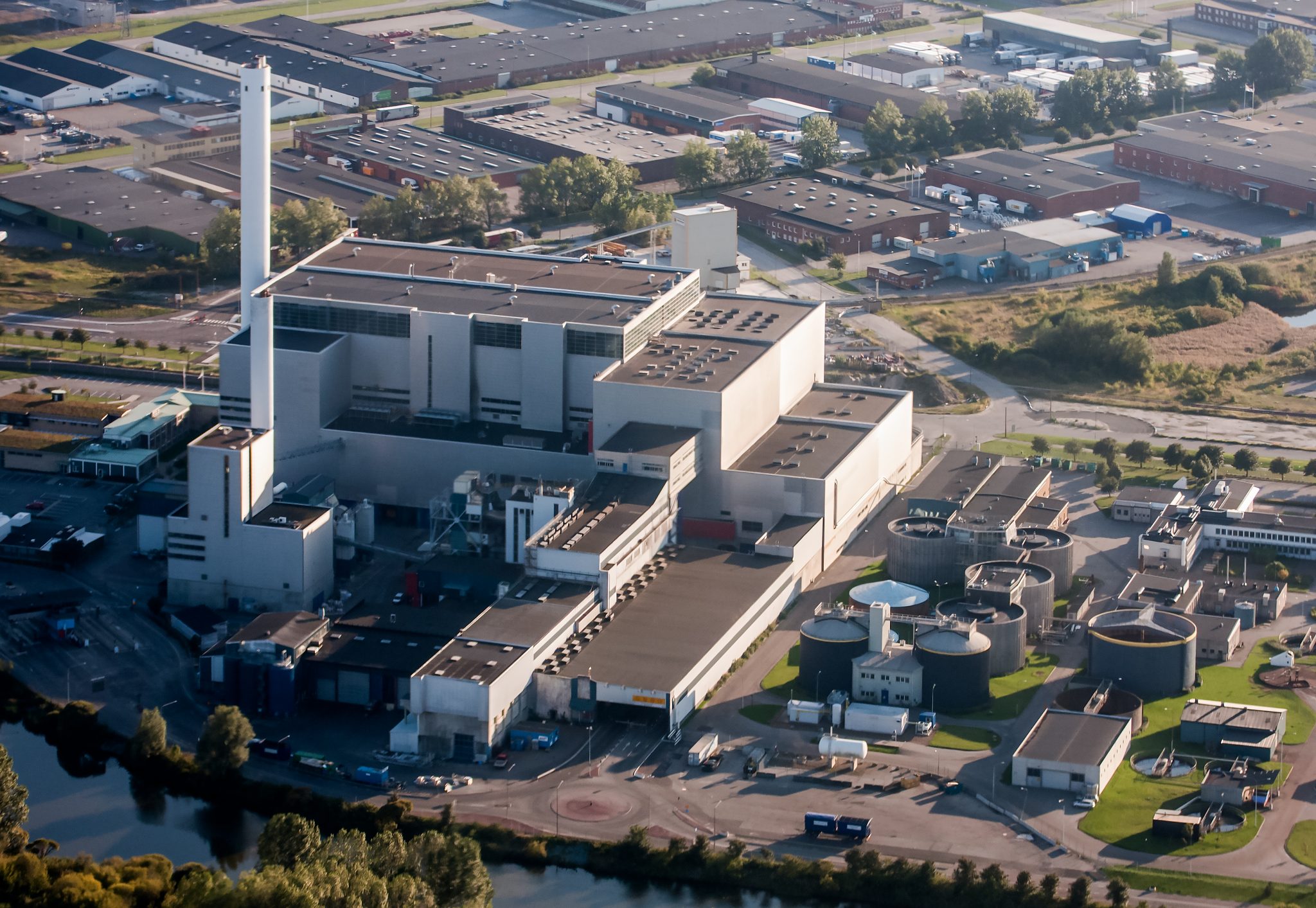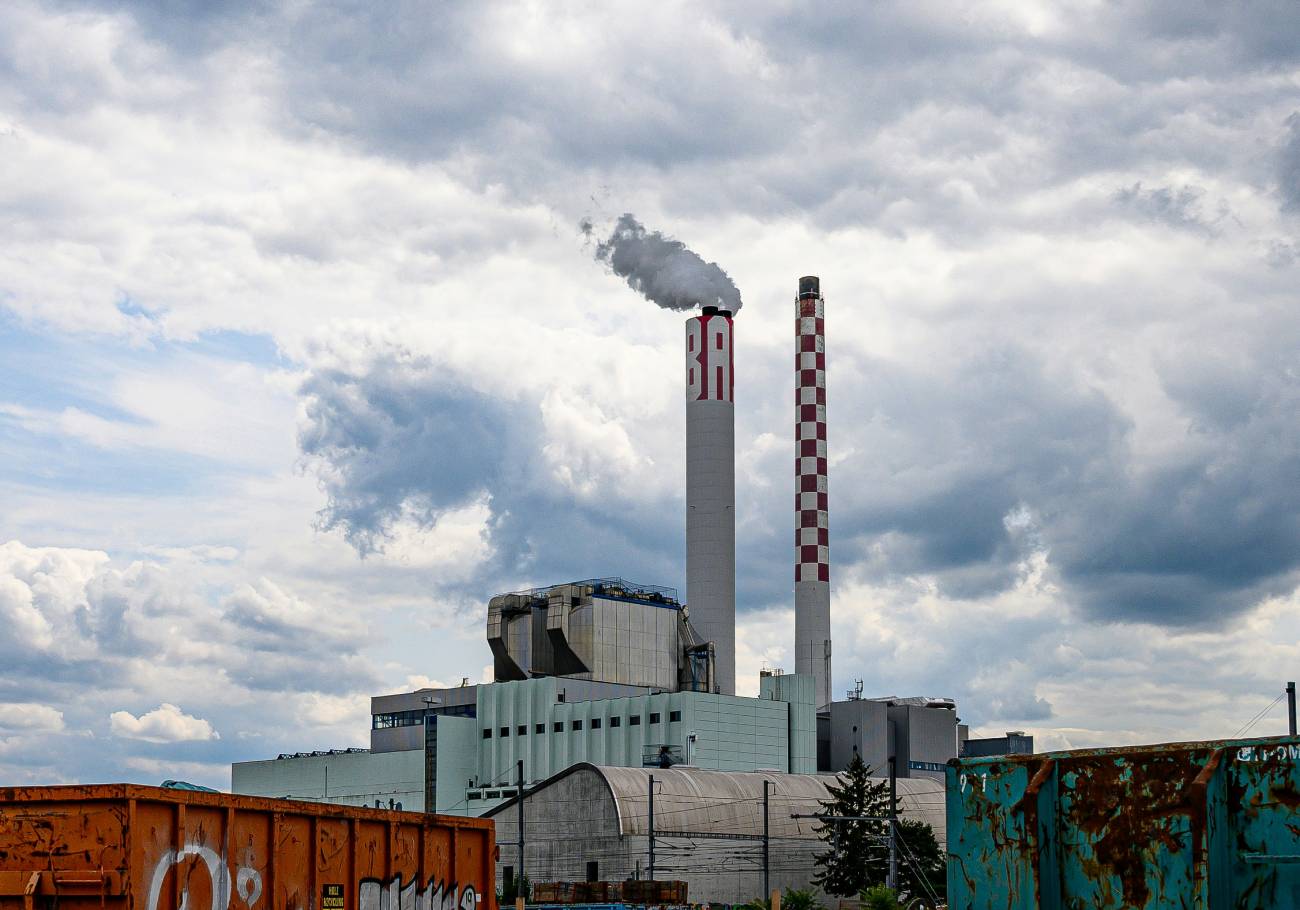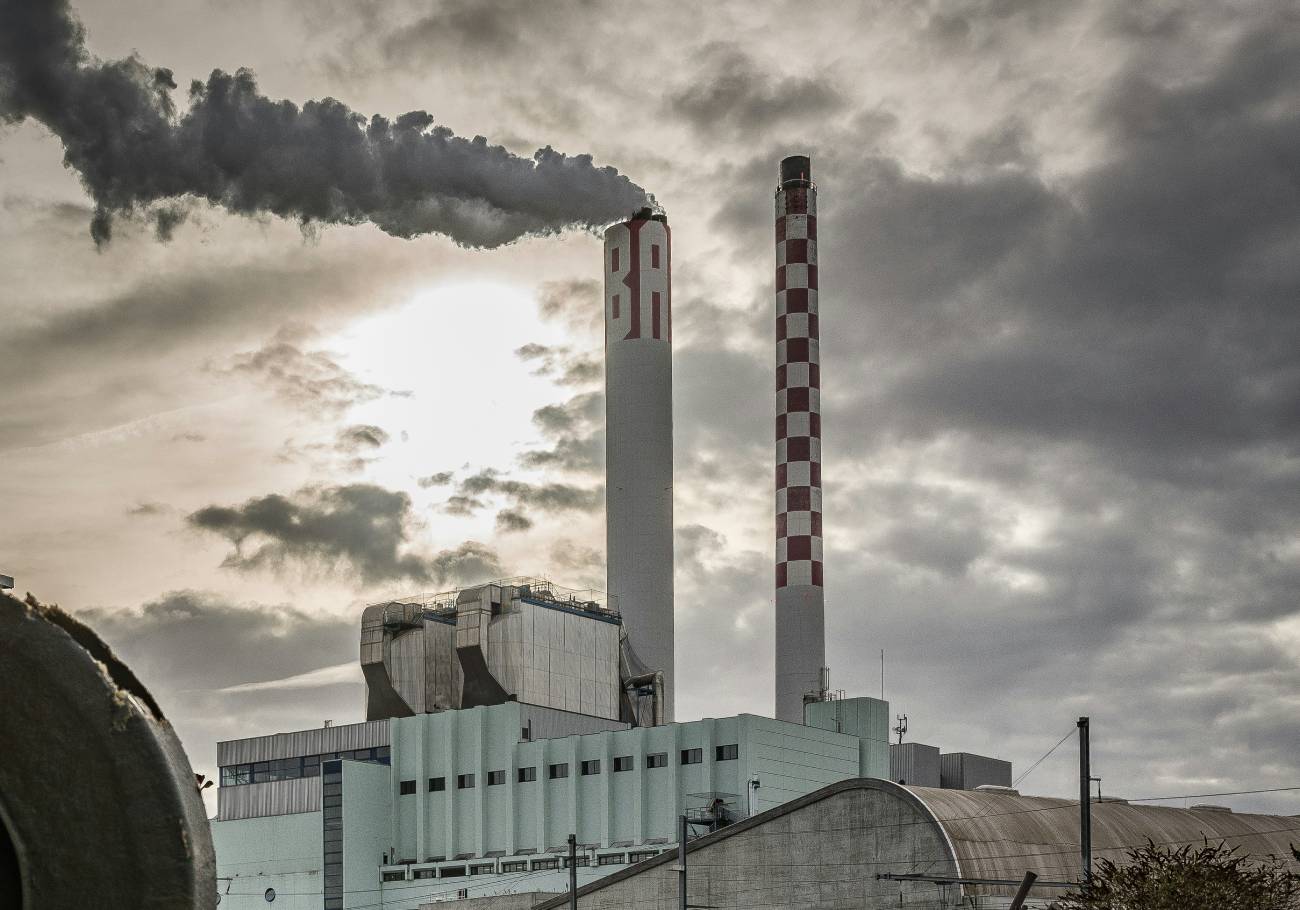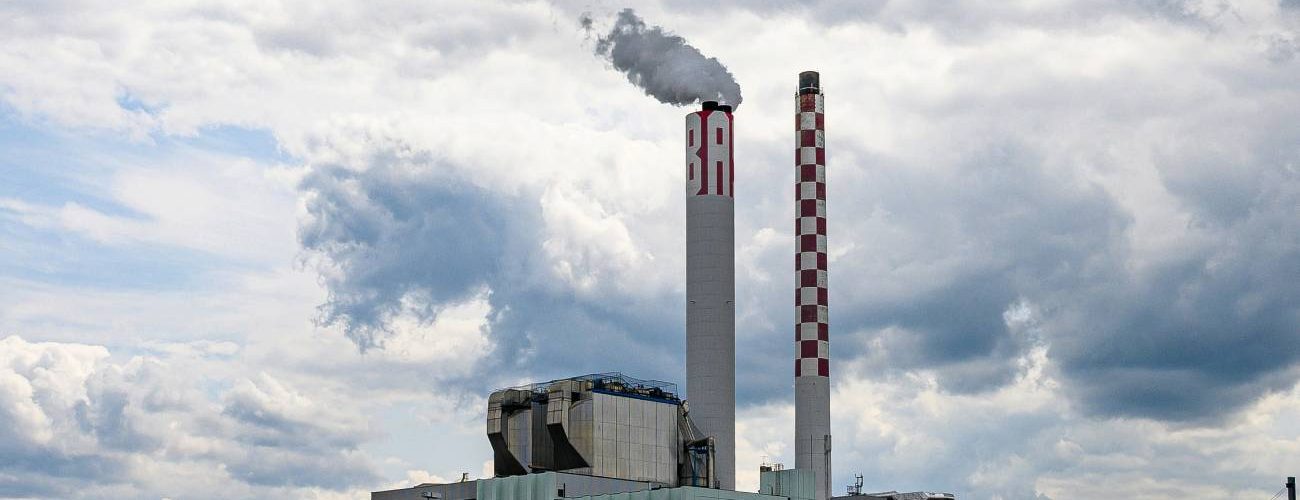
The Consumers’ Association of Penang (CAP) has voiced strong opposition to the proposed waste-to-energy (WTE) incineration projects in Malaysia, calling for a shift towards a Zero Waste strategy.
In a joint memorandum submitted with Sahabat Alam Malaysia (SAM) on 14 August 2024, CAP urged the Prime Minister and relevant ministries to abandon the WTE incineration plans and instead focus on sustainable waste management practices.
The case against WTE incineration

The Ministry of Housing and Local Government (KPKT) announced plans to establish 18 WTE plants across Malaysia by 2040.
According to a Bernama report dated 1 July 2024, these plants will be located in various states including Kedah, Johor, Pahang, Melaka, Kuala Lumpur, Selangor, Penang, Perak, Terengganu, and Kelantan.
Despite the government’s intentions, CAP and SAM strongly oppose these developments.
WTE incineration, they argue, presents serious environmental and health risks.
“WTE incineration releases harmful pollutants such as dioxins, furans, heavy metals, and particulate matter,” said CAP in the press release.
“These pollutants not only threaten public health but also contradict circular economy principles by undermining recycling and composting efforts.”
Furthermore, CAP highlights that WTE incinerators are inefficient and costly.
They emit more carbon dioxide per megawatt-hour than fossil fuel power plants, exacerbating climate change.
Although newer technologies claim to be cleaner, they still produce pollutants and require rigorous maintenance to manage emissions.
“Diseases from exposure to these pollutants often appear only after many years, making it premature to conclude that newer technologies are safer,”
CAP & SAM advocating for a zero waste future

Instead of investing in WTE incinerators, CAP and SAM advocate for a Zero Waste approach.
This strategy focuses on resource efficiency and waste minimisation through methods such as composting, recycling, and reusing materials. “
Zero Waste is not just a concept but a practical approach that includes waste reduction, recycling, and resource conservation,”
To effectively implement Zero Waste, CAP and SAM recommend enhancing waste collection and sorting infrastructure, promoting circular economy practices, and adopting Extended Producer Responsibility (EPR).
Establishing dedicated e-waste recycling programs, deposit-refund systems, and initiatives for reuse and refill are also essential components of a sustainable waste management system.
CAP and SAM stress that WTE incinerators are not a viable solution to Malaysia’s waste and energy challenges.
“We urge the government to focus on Zero Waste approaches that are more cost-effective, safer, and environmentally friendly,”
The organisations believe that Zero Waste practices not only protect the environment but also create jobs and build resilient communities.
By shifting towards Zero Waste, Malaysia can address its waste management issues more effectively, ensuring a cleaner and more sustainable future.











